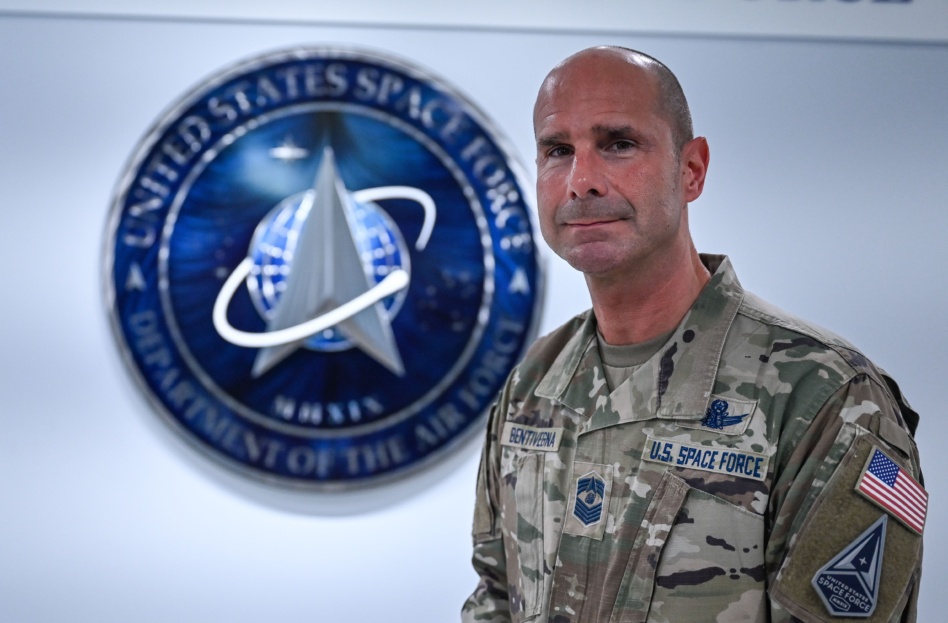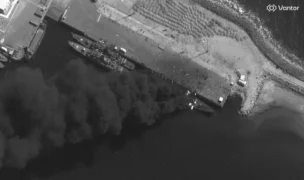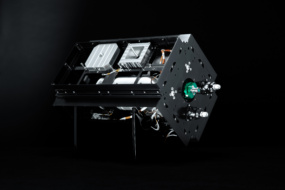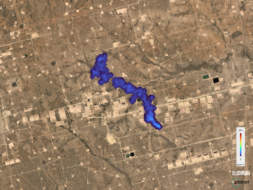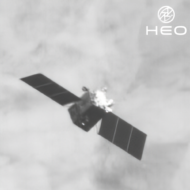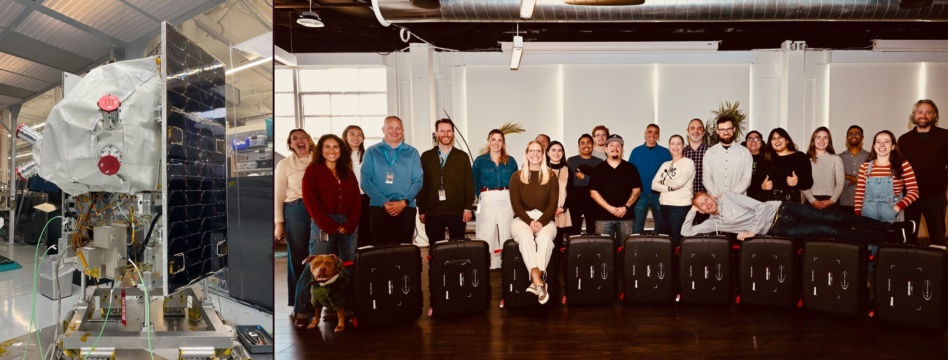As the Space Force prepares to celebrate its fifth birthday this month—and its growth from a single Guardian to a uniformed force of nearly 10,000—Polaris chatted with Space Force Chief Master Sergeant John Bentivegna about how the service has changed in its half decade, and what’s next.
Standalone?: Especially with the new incoming administration, there’s been chatter about the potential of establishing the Space Force as its own department rather than being nestled within the Air Force. While Bentivegna said he hasn’t been involved in any discussions on the topic, he did offer some insight into how the Space Force thinks about its reliance on the Air Force for services such as base security, human resources, legal help, and public relations.
Bentivegna acknowledged it could be helpful to have Guardians specializing in space working on missions ranging from launch range weather forecasting to contracting. But he said there’s more to consider than just the mission.
“We had to look at, could we have enough of those Guardians in that specialty to develop them and have a career path for them,” he said, adding that when officials weighed this idea in the past they found that “It wasn’t enough. You’d have a dead-end career.”
Looking ahead: What will the service be doing in another five years, on its 10th birthday? Making sure spacefarers are safe the same way international navies protect the waterways for tourism and commercial traffic.
“We already have space tourism. This year, we had Polaris Dawn, the first privately funded spacewalk…We had the first non-state player land on the Moon,” Bentivegna said. “Five years from now, there will be more and more space tourism and space economy…The Space Force will be the service they look to to make sure they have safe and unfettered access to allow innovators to innovate, dreamers to dream, and explorers to explore.”
Telling the story: There’s less inspirational work to tackle first. The Space Force is still working to spread awareness of what it does to audiences both in and out of the military. Bentivegna said he’s still teaching service members in other branches just how much operations across the military rely on space, though he said there’s more recognition of the importance of the domain at senior levels.
In the broader public, however, there’s more work to do. “There are still occasions where I show my military ID card and people say, ‘Space Force? That’s real?’” he said.
